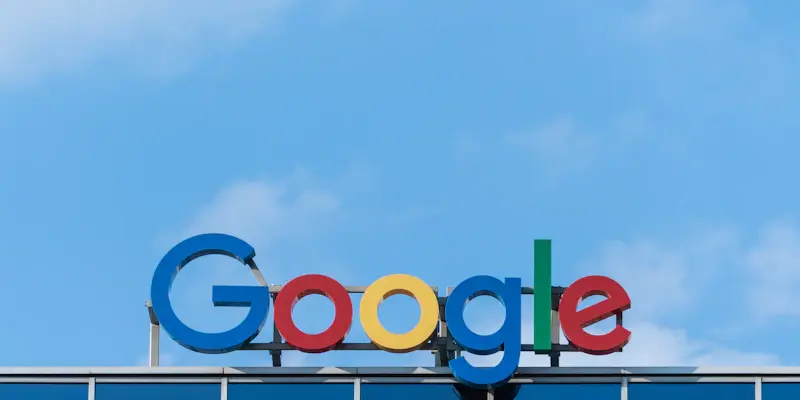In a significant organizational shift, Google has decided to move away from its previously established aspirational hiring goals by 2025, signaling a noteworthy shift in its Diversity, Equity, and Inclusion (DEI) strategy. This decision emerged as part of a comprehensive review of the company’s DEI initiatives, aimed at ensuring fair and equal opportunities for all employees. Google’s stance as a federal contractor largely influenced this strategic direction, reflecting a broader trend among major corporations reassessing their diversity efforts in light of evolving socio-cultural and compliance landscapes.
Notably, former President Donald Trump’s executive orders have had lasting impacts on DEI programs across various industries. Legal advisors and business consultants are advising companies like Google to eliminate aspirational language and avoid hiring quotas. This is suggested to ensure compliance with federal regulations and steer clear of legal challenges. Similar measures have been observed at companies like Meta, where DEI programs are being carefully examined and adjusted. It’s vital that these efforts, when executed correctly, do not resemble quota systems and are clearly communicated to prevent potential misunderstandings.
Despite this strategic pivot, Google remains committed to its DEI initiatives. The company will continue to support its employee resource groups and collaborate with universities and colleges to build its talent pipeline. These commitments demonstrate that while the approach to DEI is shifting, the core values underlying these initiatives remain steadfast. Google’s updated strategy aims to enhance the clarity and effectiveness of its DEI communication, thus ensuring that the company’s goals are perceived as efforts to foster genuine inclusivity rather than fulfilling numerical targets.
In conclusion, Google’s updated approach represents a growing trend among large corporations to navigate the intricate balance of DEI strategies within legal and cultural frameworks. The company’s refined DEI initiatives, along with its commitment to clear, effective communication, indicate a forward-thinking approach to fostering equal opportunities. By moving away from quota-based hiring practices, Google seeks to create a more inclusive work environment that genuinely reflects its dedication to diversity, equity, and inclusion. The shift highlights the necessity for corporations to continuously evolve and adapt DEI strategies to remain compliant and culturally relevant in a rapidly changing world.

